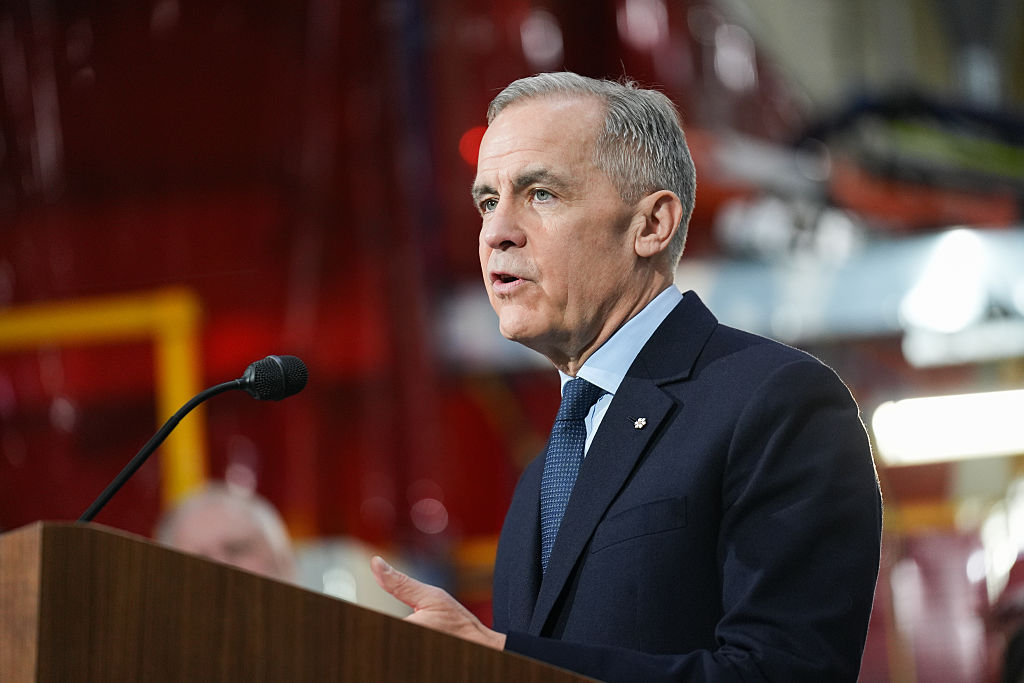Colombia's Border Crisis
Colombia's Border Crisis
A Colombian strike against the FARC in Ecuador ignited tensions with Quito and Caracas, causing a diplomatic breakdown and economic repercussions.
A Colombian strike just across the Ecuadorian border has set off saber-rattling and a breakdown in diplomatic relations between Bogota and neighboring Ecuador and Venezuela. The raid killed more than 20 members of the Fuerzas Armadas Revolucionarias de Colombia (FARC), including the guerilla group’s second-in-command Raúl Reyes. As a BBC analysis points out, Bogota’s assassination of Reyes marked the first death of a member of the group’s ruling body and “shattered the myth of invincibility that surrounded FARC's leadership.”
But the Colombian government’s victory in the four-decade-old struggle with the guerilla group came at a price: a tense standoff with Quito and Caracas. Colombia apologized for the incursion into Ecuador’s territory. Still, both Venezuela and Ecuador have mobilized thousands of troops along their respective borders with Colombia. Ecuadorian President Rafael Correa, whose government broke diplomatic relations with Bogota, said the attack on his country’s territory was “not only a problem for Ecuador but for the entire region.” Correa has initiated a diplomatic tour to Peru, Brazil, Venezuela, Panama, and the Dominican Republic to discuss the situation. The president also says the Colombian raid halted “very advanced” negotiations between the Ecuadorian government and the FARC to secure the release of twelve hostages held by the guerilla group, including former presidential candidate Ingrid Betancourt.
Meanwhile, the government of Venezuelan leader Hugo Chávez, who has played a role in the release of FARC-held hostages in recent months, took the step of restricting trade along its border with Colombia. (Venezuela served as Colombia’s second biggest market in 2006.) Colombian officials, in turn, have released documents they say were found on Reyes’ laptop indicating Ecuadorian and Venezuelan support for the FARC’s operations, including $300 million from Chávez. President Álvaro Uribe announced he would seek to bring a case in the International Criminal Courts against the Venezuelan leader for financing the FARC.
The heightened tensions between the three Andean countries elicited reactions from across the Americas. Colombia’s strike has drawn condemnation and concern from Latin American leaders in several countries, including Peru, Chile, Brazil, and Argentina. The Organization of American States’ (OAS) Secretary General José Miguel Insulza called for resolving the dispute using “dialogue as the sole mechanism of negotiation.” The OAS held emergency meetings in an attempt to diffuse the tensions, concluding that Colombia had violated international law but falling short of condemning Bogota.
During a March 3 press briefing, U.S. State Department Deputy Spokesman Tom Casey said he was “not aware of any U.S. government role in this particular military event” and urged a diplomatic resolution. President George W. Bush accused Venezuela of “provocative maneuvers” and urged the U.S. Congress to approve the pending U.S.-Colombia free trade agreement as a sign of support for Washington’s ally. A Time article takes a look at how Plan Colombia, the $5 billion U.S. counter-narcotics program in Colombia, has served to weaken the FARC, which is widely believed to gain a large portion of its financing through the drug trade.
The dispute has already had an economic impact; Colombia’s stocks experienced their biggest decline in six weeks as a result, reports Bloomberg. Colombia experienced marked economic growth in the past five years resulting from a boost in security, economic reforms, and investment. Writing for Politico, the U.S. Chamber of Commerce’s Thomas Donahue argues for approval of the U.S.-Colombia trade deal, currently in limbo over concerns over actions against Colombian trade unionists. Donahue points to a steep decrease in crime as an example of progress in the Andean country in support of the “moral case for approval” of the deal.
Updates March 5, 2008.







